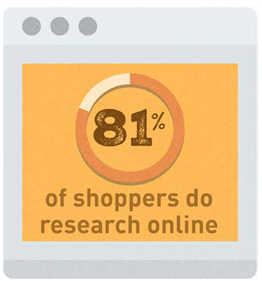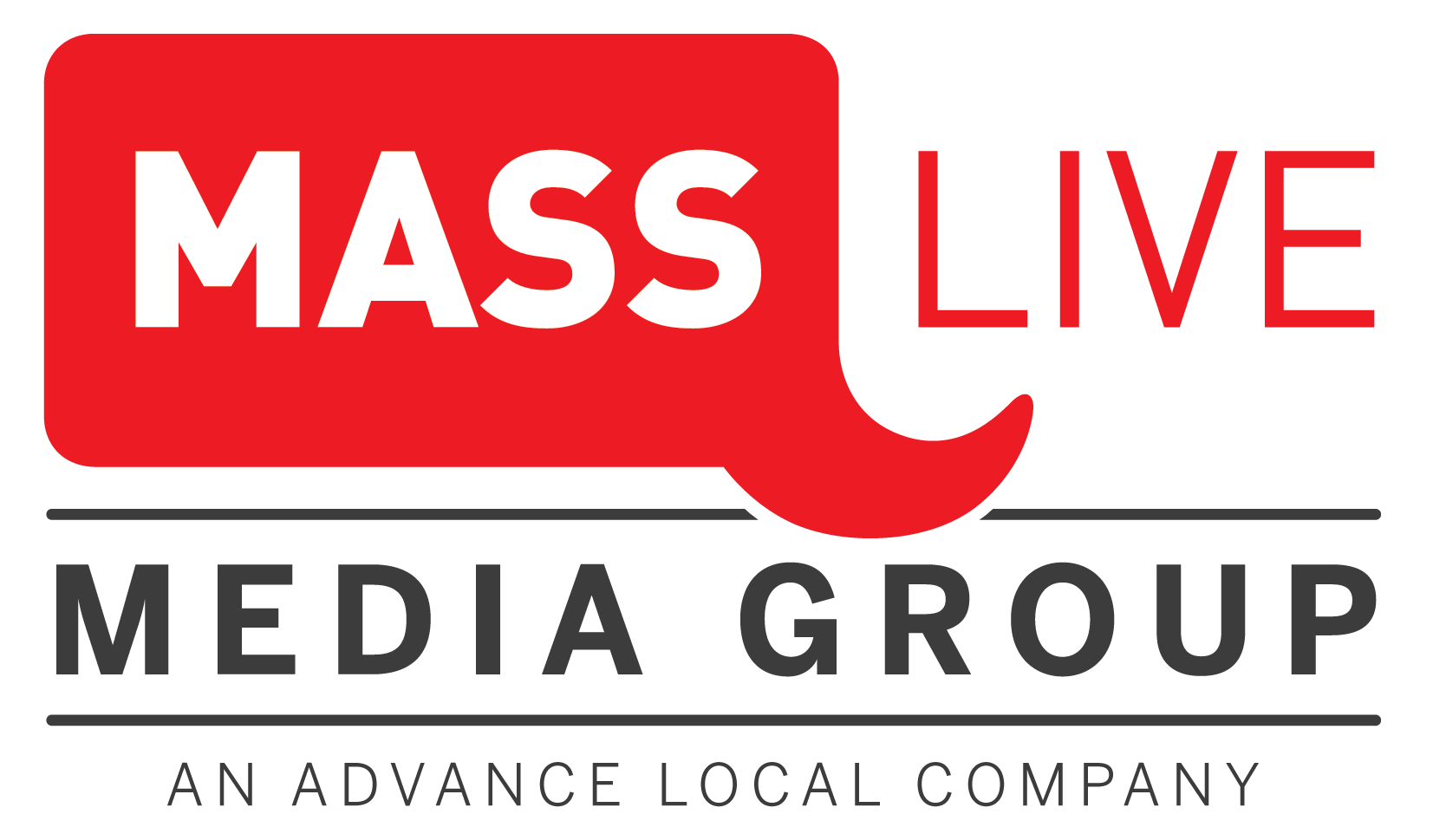Your customers are online. Your small business should be, too.
 Digital marketing is extremely important. Gone are the days when a business could stay competitive with traditional forms of advertising. Now, most customers turn to the Internet and social networks for information on products and services. In fact, 81% of shoppers report that they research online before they make a purchase.
Digital marketing is extremely important. Gone are the days when a business could stay competitive with traditional forms of advertising. Now, most customers turn to the Internet and social networks for information on products and services. In fact, 81% of shoppers report that they research online before they make a purchase.
Digital marketing is the promotion of a business or a brand using some form of electronic media, like email, social media or online advertising. Consider that 63% of small businesses already use some form of digital media as part of their marketing strategy.ii If you want to attract more customers and ultimately increase your revenue, you should too. “Digital marketing allows a business to take their current message and deliver it to a more targeted audience, with the ability to provide reporting and insight on performance,” says Michael Burnham, Digital Sales Manager at MassLive.
The Benefits of Digital
The reason more and more businesses are moving their marketing online is because digital channels offer powerful benefits, such as:
- Broad Reach. Digital marketing campaigns have the potential to reach Internet users anywhere. A campaign’s reach isn’t limited by geography or the audience of one publication or radio/TV channel.
- Targeted Approach. Within this broad reach, digital marketing also makes it easier to identify and then target your campaigns to specific customer demographics. A children’s bookstore can more easily market to parents using specific social media groups or target their ads to specific demographics.
- Cost-effectiveness. Many digital channels have low entry costs, and can be turned on and off as needed depending on your budget. And some tactics, such as creating and maintaining social media accounts, only require an investment of time.
- Flexibility. It’s easy to make changes to campaigns and content in digital formats. You can update product information or add helpful links as they become available, swap out photos of an event, or change your contact information.
- Speed of Execution. Launching a digital marketing campaign can be significantly shorter than preparing a traditional print campaign.
- Shareability. Digital channels make it easy for customers to share your content and extend your marketing reach even further.
- Improved Engagement. Digital marketing strategy is a two-way street. It allows you to promote your brand, as well as gather immediate feedback from your customer base. You can contribute to larger conversations and respond to complaints using your digital platforms.
Measuring the Impact
One of the greatest benefits of digital marketing is the ability to measure the return on your marketing dollars. For example, you can count the number of website visitors generated by search marketing, or the number of clicks on content and advertisements, and analyze how many of those clicks became paying customers. “You are able to define your business goals and deliver a refined message to the exact audience you want to reach,” says Burnham.
You can also measure customer interactions in comment sections and on social media platforms such as Facebook and LinkedIn. These interactions are more than just a virtual thumbs up for your business. They can actually help drive customers to your company, increase your sales leads and ultimately give your revenue a boost.
To take advantage of these benefits, your digital marketing strategy needs to include a range of tactics, including email newsletters, search optimization, or social media. Some businesses begin with a simple online advertising campaign, while others take a deep dive into creating their own content.
There’s no doubt that the Internet has changed how people make decisions about the products and services they buy. So whether you try digital marketing on your own or hire an agency to help develop a comprehensive strategy, your company will be in a better position to reach those potential customers.



 Ad Choices
Ad Choices